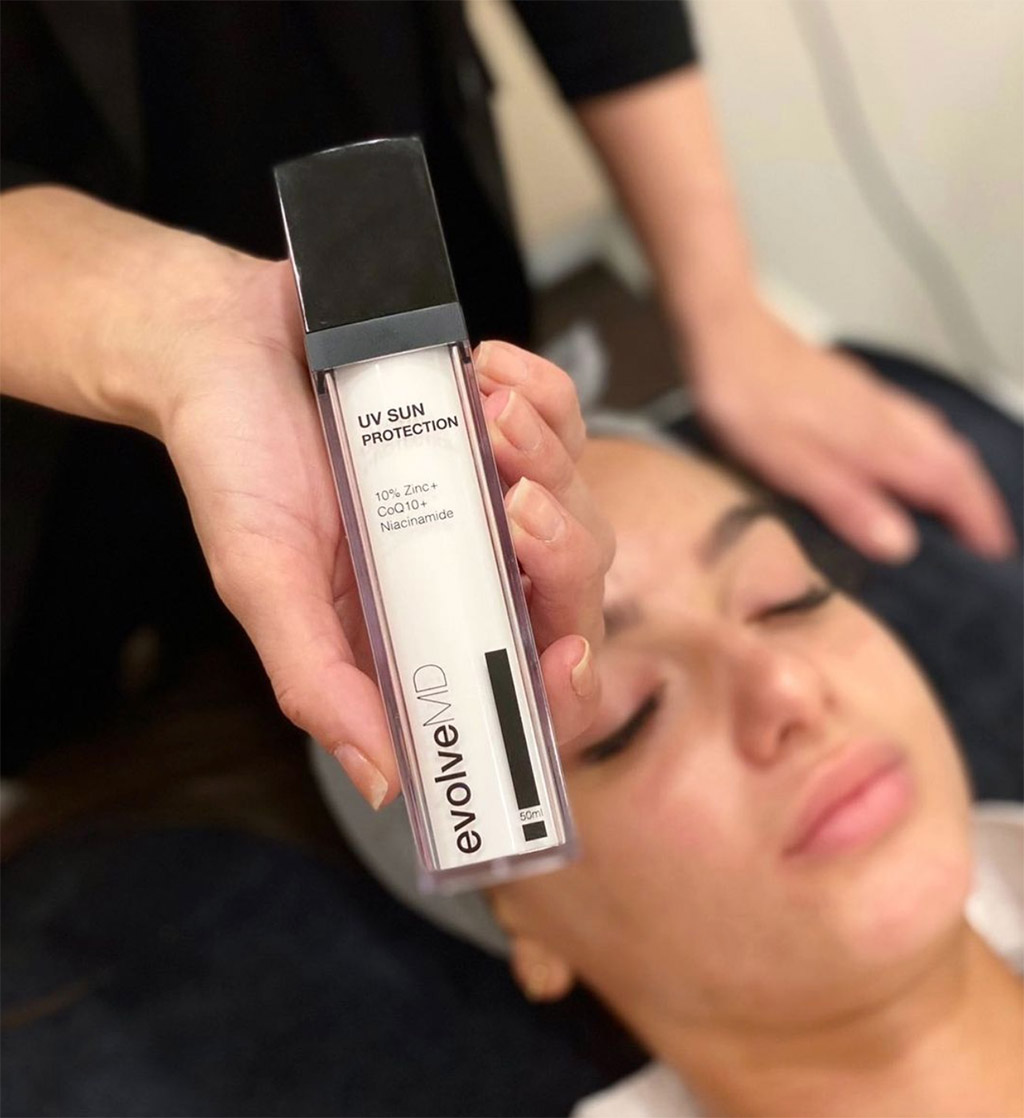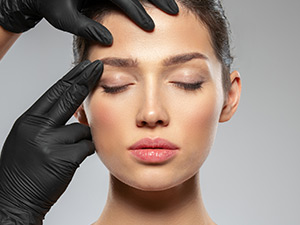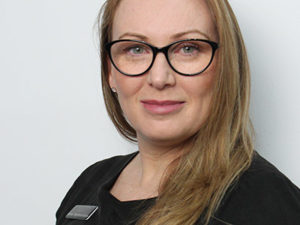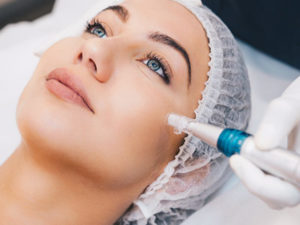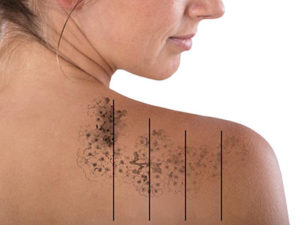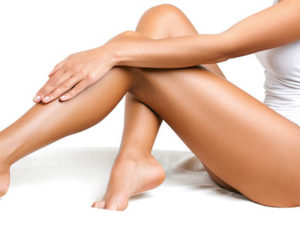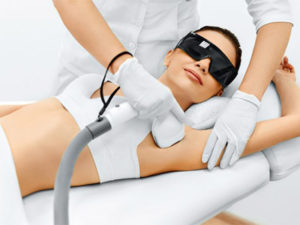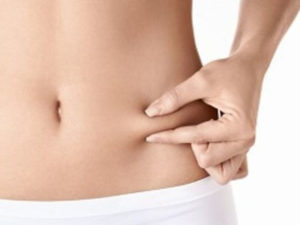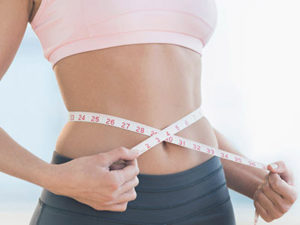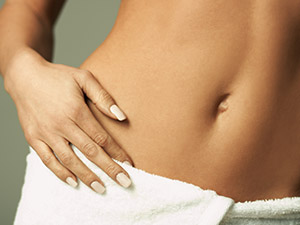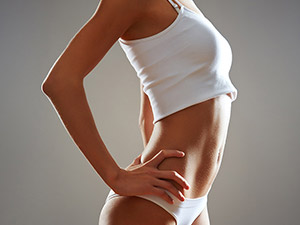Wondering if you should wear sunscreen everyday? The burning facts: regardless of the weather or where you are, if you aren’t applying sunscreen everyday your skin is at risk of progressively ageing and sun damage. Prevention is better than cure!
Sun damage is caused by ultraviolet radiation and there are two main types that make it through the Earth’s ozone layer and reach your skin: UVA and UVB.
- UVA rays are responsible for issues such as fine lines, wrinkles, sun spots and other signs of ageing.
- UVB rays have a shorter wavelength and can directly damage the DNA within the cells of the skin causing sunburn and cancer.
Both types of UV are dangerous.
When UV light enters the epidermis your body protects you by increasing the amount of melanin leading to a tan. This tan then acts as a defence against UV rays and attempts to steer you clear of sunburn. However your skin cells are still being damaged so the protection from increased melanin should not be relied on. Furthermore, based on a reaction of your immune system excessive sun exposure will begin to increase your blood flow producing the heat and redness of a recognisable sunburn.
Is sunscreen needed both outdoors and indoors?
It is common to believe that sunscreen is only needed when you are outside in the shining sun. However, UV rays have the ability to penetrate most clouds. Some clouds can even intensify this due to the reflection off the clouds; you may have noticed or wondered why your skin burned after an overcast day. Therefore it is crucial for you to apply your sunscreen especially when it is windy, cool and cloudy.
So far, we have learned the significance of applying sunscreen when outdoors no matter what the weather is doing. However it has been discovered by the ACS (American Cancer Society) that the glass material used in the windows of your car, office and home are built to protect you from most UVB rays however it does not offer protection from all UVA rays. Untinted glass windows used in most vehicles can reduce the effects of UV radiation, but not provide complete protection. For that reason, it is crucial to ensure you are applying sunscreen both indoors and outdoors.
Do all skin tones need to apply sunscreen?
Regardless of your skin type, UVA and UVB rays can cause permanent damage to your skin. Those who have medium to darker skin tones will naturally produce more melanin making it unlikely and harder to appear sunburned but they are still susceptible to developing sun damaged skin. The severity of UV rays does not depend on your type of skin tone.
Be sure to regularly check your skin for new spots, freckles and moles after you have been to the beach or away on holidays. If you notice anything new it is best to seek out medical attention through a skin cancer doctor as soon as you can. Booking in a skin check every 6-12 months with your practitioner is also a great routine to get into.
Do I need to apply sunscreen even if I have a layer of fake tan on?
Fake tan is not the answer to sun protection. A common misconception is that a layer of fake tan creates a protective barrier from the ultraviolet rays and there are a range of fake and gradual tans out there that include an SPF rating but this should not be the main source of defence or an alternative to sunscreen. In a report by Refinery29, according to Abi Cleeve, beauty expert and founder of ‘Ultrasun,’ there is also the potential problem of the DHA in your fake tan neutralising the job of a UVA filter in your sunscreen. To steer clear of this it is recommended to apply your fake tan the night before applying a sunscreen the next day. Sunscreen should be a non negotiable.
Make SPF your BFF with evolveMD UV Sun Protection
Our evolveMD sunscreen is a Broad Spectrum Hydrator (protects against both UVA and UVB rays) and a physical Sun Reflector that suits all skin types. It is the ultimate protector infused with potent vitamins, antioxidants and natural moisturising factors. The product contains 10% Zinc and 15% Titanium Dioxide which guards against premature ageing by creating a physical barrier to UV rays. We recommend you use at least 2 pumps as a last step before makeup application and reapply if needed during UV exposure. Otherwise apply sunscreen at least 15-20 minutes before sun exposure and then reapplying every 2 hours. Reapply consistently if you are swimming or sweating.
Active Ingredients
- Zinc Oxide 10% – A broad spectrum protection from UVA and UVB rays. It helps combat ageing and offers anti-inflammatory and bacterial defence.
- Titanium Dioxide 15% – Physically block reflects UVA and UVB rays while being non comedogenic and non irritating.
- Niacinamide (Vit B3) – Repairs the skin barrier function which reduces sensitivity and regulates moisture.
- Resveratrol – An anti-inflammatory, anti-bacterial and anti-acne.
We hope this blog has answered your questions when it comes to applying your evolveMD sunscreen. If you have any further questions feel free to DM us on Instagram or Facebook or simply book a complimentary skin consultation at your nearest ELC.
References
American Cancer Society (2021). American Cancer Society. [online] Cancer.org.
Available at: https://www.cancer.org/
Cancer Council Australia (2016). Cancer Council Australia. [online] Cancer.org.au.
Available at: https://www.cancer.org.au/
Kilikita, J. (2019). Refinery29. [online] “The Dangerous Reason Why You Shouldn’t Use Sunscreen and Fake Tan Together,”
Available at: https://www.refinery29.com/en-gb/spf-fake-tan-dangers

